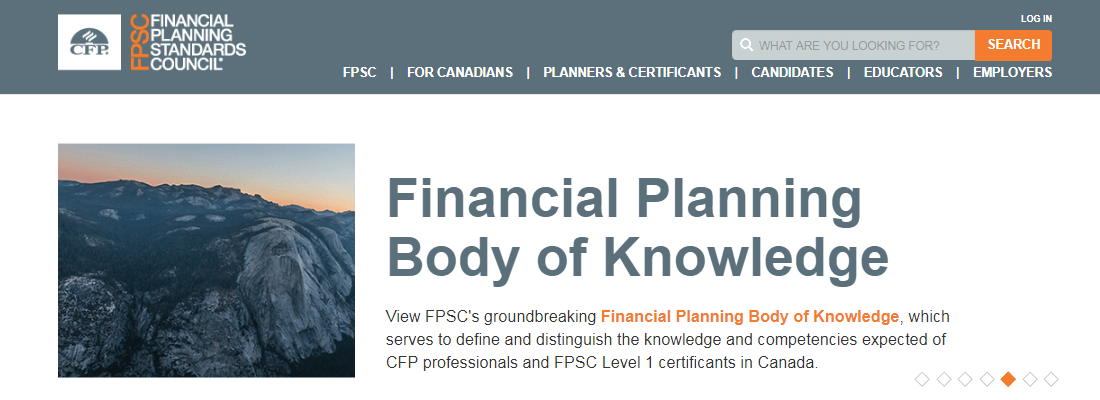
There are many things in life that cause tension, from trying to succeed in your career to dealing with interpersonal relationships. However, when asked what causes them the most stress, 41 percent of Canadians surveyed by the Financial Planning Standards Council (FPSC) responded that money tops them all.
RewardExpert spoke with Kelley Keehn, the FPSC’s consumer advocate, about the results of the Financial Stress Survey and where worried Canadians can go for help assuaging their financial fears.
Losing Sleep Over Debt and Lack of Emergency Savings
Though personal health (23 percent), work (22 percent) and relationships (14 percent) are certainly stressful factors, money far outranked them in the FPSC’s survey.
“Canadians rated money their greatest source of stress,” Keehn said. “But the reality is that when money is the source, that stress really spills over into all of those other areas. It creates fights with your spouse, for example, and it can certainly lead to health-related issues.”
Nearly half (48 percent) of the Canadians surveyed have been so stressed, in fact, that their financial worries caused them to lose sleep.
“While Americans really got the lesson about paying debt down when the financial crisis hit, Canadians didn’t,” Keehn responded when asked why money is such a stressor for Canadian consumers. “Our debt-to-income ratio is quite high and, as a country, for every dollar we bring in, we owe over $1.72.”
But that’s not the only thing Keehn says is keeping survey respondents up at night.
“Half of Canadians are only $200 away from not being able to pay their bills,” she continued. “That’s super scary. And FPSC had another survey that revealed that one in five couldn’t last a week if they lost their primary source of income. When you kind of sit back and realize that most Canadians don’t have adequate emergency savings, owe a lot for every dollar they bring in, and would be in financial trouble if they lost their job, it’s certainly no surprise that money is stressing Canadians out a lot.”
Facing Significant Financial Regrets

Among the Canadians surveyed, financial regrets were also common. In fact, 83 percent reported having at least one regret ranging from spending too much money on leisure and saving too little for retirement to overspending on credit cards and failing to invest in real estate.
The most common regrets revealed by the survey were a wish to have saved more money or started saving earlier (13 percent) as well as invested more or started investing earlier (12 percent).
Why are these regrets so common? Keehn said their frequency usually stems from financial embarrassment and/or a lack of planning.
“In our survey, 51 percent of Canadians said they are embarrassed about lacking control over their financial situation,” she explained. “The numbers I gave earlier about how much debt we have and how little buffer absolutely lead to embarrassment. People know they need to have that buffer, but they don’t know how to get it. And they’re not going to ask their friends, family or coworkers because it’s pretty tough to talk about it.”
As for planning, Keehn said that the Canadians surveyed often just don’t realize how much they need to save for retirement and fail to reach out to someone to help them crunch the numbers.
“The FPSC wants to help Canadians avoid financial regrets such as not being able to retire or live the life that they deserve,” she said. “Engaging with someone like a Certified Financial Planner is a great way to get help navigating the complexities. You can feel more confident when you know there is someone you can turn to who can take that embarrassment away.”
A Certified Financial Planner and Your Financial Future

Incorporated in 1995 as a not-for-profit organization, the Financial Planning Standards Council was created to set the foundation for the establishment of uniform professional standards for financial planners in Canada.
“A Certified Financial Planner (CFP) pro is best equipped to help you with a financial plan,” Keehn said. “He or she can help you achieve your financial aspirations as well as help you with the twists and turns that life inevitably throws at all of us like job losses, deaths, divorces and marriages.”
In addition to a website for financial planning professionals, the FPSC maintains a consumer-facing website for Canadians with a wealth of valuable resources.
“I’m really proud of this website because we have close to 100 articles on everything from protecting yourself from fraud and investment scams to cleaning up your messy finances and understanding your credit score, and everything in between,” Keehn said. “We also have lots of videos to help you shop for a financial professional and interviews with CFP professionals about the financial planning process.”
Keehn urged any Canadians who are suffering from financial stress to visit the website, peruse the articles, and watch a few of the videos before using the Find Your Planner tool to connect with a Certified Financial Planner in their city.
“You are not alone,” she said. “You haven’t messed your life up. A lot of other people are dealing with this too and there is help available.”
